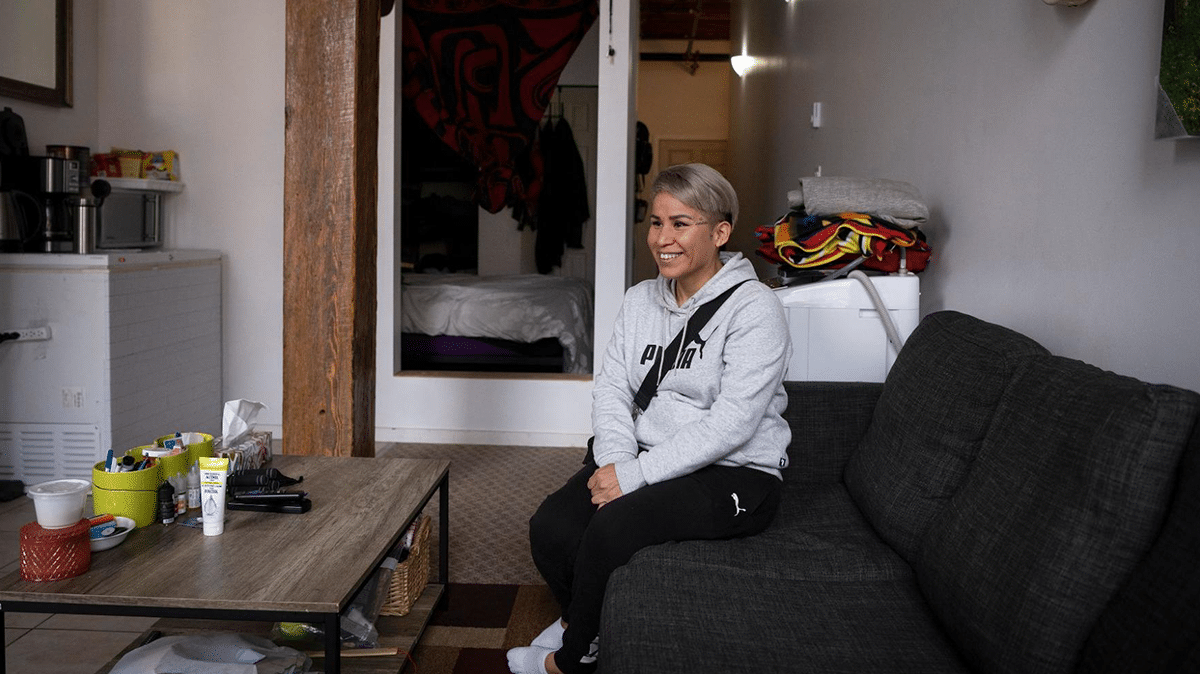
New Member in the News: Atira Workers Housing Co-operative
This week Atira Workers Housing Co-operative was featured in a long-form story on The Future of Good. The co-op is one of our newest members.
Story Summary
Here is a summary of the key points in the story.
First Atira housed their clients, now they’re housing their staff

Atira Women’s Resource Society is nonprofit organization based in Vancouver, B.C.. They have found a unique solution to address the affordable housing crisis and improve employee well-being by providing housing to its staff members. This move has sparked interest in the potential for co-operative housing initiatives among other nonprofit organizations.
The high cost of living in many regions makes it difficult for nonprofit organizations to offer competitive compensation and benefits packages that can compete with private sector employers. As a result, some nonprofit workers are forced to live in unstable or unsafe housing or to commute long distances to work.
An Innovative Solution
Atira’s approach to housing offers an innovative solution to this problem. The organization has converted several of its properties—including apartments and houses—into affordable staff housing that is available to all employees. The rent is based on a sliding scale that takes into account the employee’s income and family size.
The benefits of this approach are significant. Employees living in co-operative housing can save money on transportation costs and reduce their commuting time. They also have access to stable, safe, and affordable housing, which can improve their overall well-being and job satisfaction. Additionally, the organization is better able to attract and retain talented employees, which is crucial for its long-term success.
Benefits of Co-operative Housing
The Atira model offers an excellent example of how co-operative housing initiatives can support the well-being of nonprofit employees. By prioritizing employee housing needs, organizations can demonstrate their commitment to staff well-being. This also helps to address the affordable housing crisis in their communities.
Co-ops can play a significant role in addressing the affordable housing crisis in many regions. By pooling resources and working collaboratively, co-operative housing initiatives can provide affordable and sustainable housing options for nonprofit employees and others facing housing challenges. Additionally, co-operative housing initiatives can help build stronger, more resilient communities. This is through fostering a sense of shared ownership and responsibility among residents.
A Promising Model
In summary, Atira ‘s co-operative housing initiative offers a promising model for other nonprofit organizations looking to address the affordable housing crisis and support employee well-being. By prioritizing the needs of their employees and working collaboratively with others, co-operative housing initiatives can help build stronger, more sustainable communities for all.
You can read the full article here.

Key Quotes
Hear are a few quotations and key excerpts from the story:
- The 31-unit residential project is the first of its kind in British Columbia, if not Canada; a housing co-op founded by a non-profit on behalf of its staff.
- “The Atira Workers Housing Co-Op offers residents—many of whom have lived experience with mental illness, homelessness and addiction—safety and stability.” – Atira CEO Janice Abbott
- Vancouver rents have increased 54 per cent over the last three years—far more than even the most generous wage increases in either the private or non-profit sectors.
- “Co-ops offer a unique affordable housing solution. But it takes an upfront investment many employers may not be positioned to make.” – CHF BC CEO Thom Armstrong
- “They’ve [housing co-ops] been such a wild success, not just because they’re affordable, but because they give people a say over their housing conditions. They’re known to create safe, secure and really quite diverse communities; there’s a lot to like about the co-op model.” – Thom Armstrong
- “[T]he co-op model gives you a mechanism to work out… differences. It’s one member one vote, so it’s a very democratic, very grassroots structure that gives people control over their housing and their community.” – Thom Armstrong